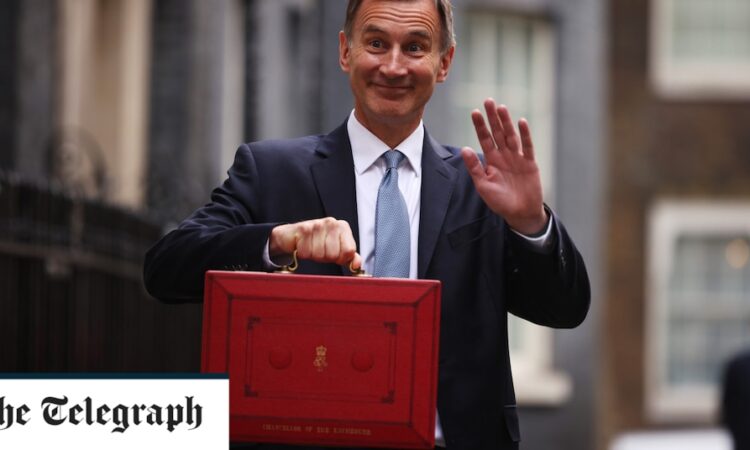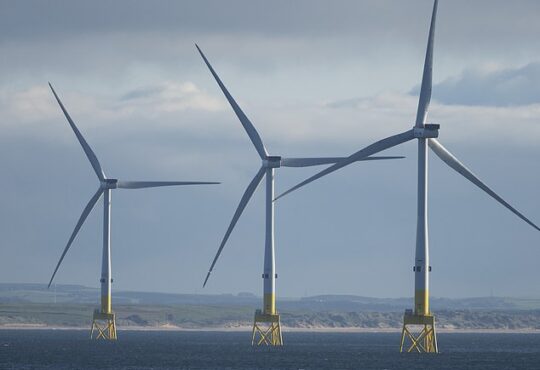
The Telegraph’s analysis found that, after expenses, a £125,000-a-year earner can be left with just £1 for every £10 they make after taxes and basic outgoings. This assumes student loan repayments, pension contributions of 8pc, a 25-year mortgage of £600,000 at today’s 4.25pc central Bank Rate and childcare costs of £1,000 a month. This is before household bills, transport and other costs are considered.
Academic Dr Gerry Mitchell and author of Uncomfortably Off, due to be published in May, said those on £125,000 were among the top 2pc of earners, but that their money no longer stretches as far as it once did.
“Very often high earners will be working in highly unequal environments where the people they network with earn about as much or more than they do, so they are likely to think their income is about average.
“People on £125,000 are relatively close to the top 1pc of earners (those on around £180,000 a year) in their workplaces and social networks, but the rungs ahead of them are further and further apart, so they don’t feel especially high up the ladder.
“The truly rich are always above you,” she said.
“In addition, as inflation grows and the economy and the tax regimes are increasingly favourable to assets and wealth, more of their income is taxed at a higher rate; so even high-income earners may see their money doesn’t stretch as far as it used to.”
The situation is compounded by the removal of tax perks and giveaways.
The £12,570 personal allowance, the sum you can earn each year without paying any income tax, begins to be lost once you earn over £100,000. It means paying an effective tax rate of 60pc on a portion of your income above this amount.
High earning parents will also miss out on Jeremy Hunt’s 30 hours childcare giveaway announced in his March Budget, worth thousands for families. Again – earning more than £100,000 a year is the cliff edge. Once either parent earns too much, their children are disqualified from help toward nursery and childminder costs.






